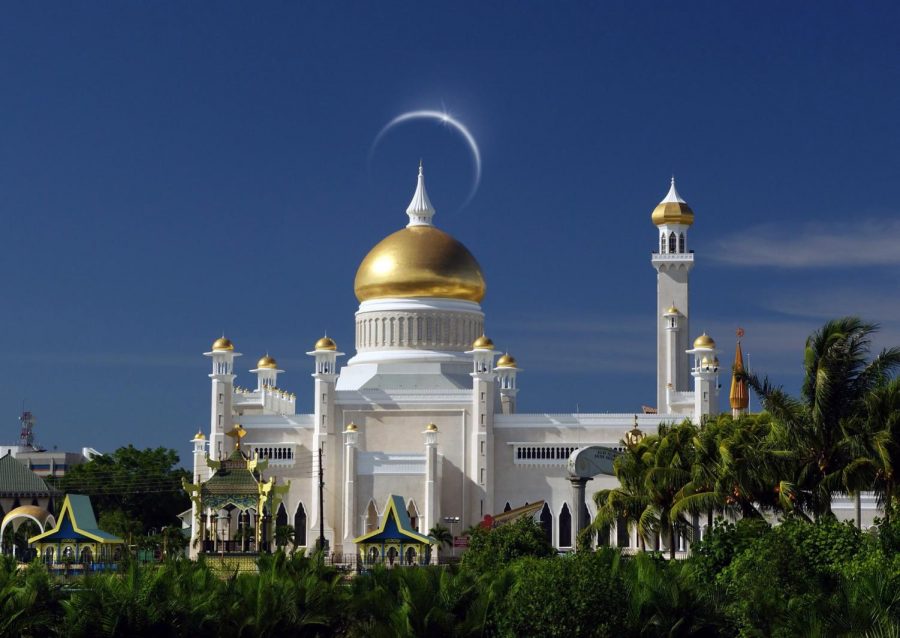Brunei’s New Law Makes Gay Sex Punishable by Stoning
April 12, 2019
On April 3rd, Brunei enacted a law that makes gay sex and adultery punishable by stoning. The decision to implement these laws came from Brunei’s 2013 decision to gradually adopt Islamic Sharia law. The announcement of the official enforcement of these new laws have caused outcry around the world, with stars like George Clooney and Elton John taking a stand against the country.
The country of Brunei is located in Southeast Asia on the small island Borneo, and in 2013, they were the first nation in their region to decide to incorporate Sharia law into their legal system. These laws have been created to serve as Brunei’s new penal code, and in addition to stipulating anal sex, adultery, and abortion as crimes punishable by stoning, the new criminal law allows theft to be punished by the amputation of limbs.
While homosexuality has always been illegal in the country, these new laws allow it to be punishable by death, leaving many members of the LGBTQ community in Brunei fearful for their lives. In order to find an individual guilty, however, there must be four Muslim witnesses to the act or the individual’s confession, leaving the country unsure as to if the laws will be strictly enforced.

There has been a global outcry in response to the decision to officially implement these laws. Several governments, activists, and celebrities have condemned the country. The U.N. denounced these laws. U.N. spokesman Stephane Dujarric stated that U.N. Secretary-General Antonio Guterres “believes that human rights are to be upheld in relation to every person everywhere without any kind of discrimination.” Stars like Ellen Degeneres, George Clooney, and Elton John have called for a boycott of nine luxury hotels owned by the Sultan of Brunei.
Students at Tenafly High School have also expressed criticism of these laws. “I think the new laws in Brunei are really horrific,” said Irene Cho (’20). “It’s a clear violation of human rights, and I can’t imagine how much fear so many people in the country must be feeling. I’m glad that people are speaking out and taking action. I think that we should all take part in the boycott and make sure not to support Brunei’s sultan.”
Emma Kim (’20) agreed, saying, “The new laws are really just so inhumane. I hope that these laws somehow get changed because they stand to hurt so many people. I think that it’s really all of our responsibilities to make sure we take a stand against these laws.”
Despite the huge protest against this new penal code, Brunei has decided to go through in implementing the law and has announced that they have no plans to revoke their new penal code. A statement from their prime minister’s office on April 3rd said that “Brunei Darussalam is a sovereign Islamic and fully independent country and, like all other independent countries, enforces its own rule of laws. Brunei Darussalam has always been practising a dual legal system, one that is based on the Syariah Law and the other on Common Law [sic].”

















































































































































